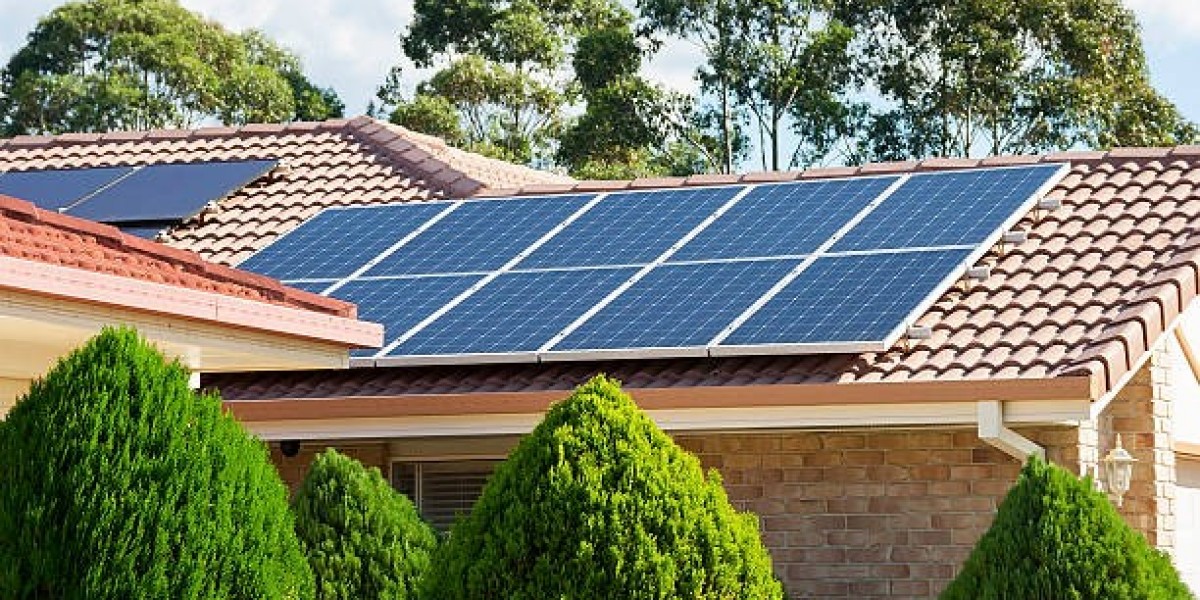As more Australians turn to renewable energy to power their homes, solar systems have become a common and cost-effective solution across cities like Newcastle. However, to maximise performance, extend the system’s lifespan, and ensure you continue reaping the financial and environmental benefits, proper maintenance is essential. Whether you are a new solar user or have had your panels installed for years, understanding the best practices for maintenance is key. If you're seeking to maintain the health and efficiency of your home solar system in Newcastle, this guide will provide you with professional, practical insights tailored for homeowners across the Hunter region.
1. Schedule Regular Inspections
The Australian climate, while ideal for solar energy production, can also subject your solar panels to harsh conditions such as dust storms, hail, bird droppings, and bushfire debris. It's advisable to have a qualified technician inspect your system at least once a year. During these inspections, professionals can identify and resolve issues such as broken panels, frayed wiring, corroded components, or inverter faults before they escalate.
At Zeneco Energy, we recommend homeowners align inspections with seasonal changes to prepare their systems for extreme weather conditions, especially in Newcastle's coastal environment where salt build-up is also a risk.
2. Clean Panels Appropriately
Dirt and grime on your panels can reduce efficiency by blocking sunlight. Although rain can wash off some debris, manual cleaning is still required in many cases. For best results:
Use a soft brush or squeegee with a long handle
Clean panels in the early morning or late afternoon to avoid thermal shock
Avoid harsh detergents or abrasive materials that can damage the glass
If your panels are installed on a steep roof or hard-to-reach area, always hire a professional to clean them safely.
3. Monitor System Performance
Many solar systems come with monitoring tools that allow homeowners to track performance in real time. Pay attention to:
Sudden drops in energy production
Unusual fluctuations
Consistent underperformance compared to previous months or expected output
Use this data to spot potential faults early. If your energy bills begin to increase unexpectedly or the system isn't meeting your household needs, it might be time for a professional diagnostic.
4. Inspect the Inverter and Cabling
The inverter is the heart of your home solar system, converting DC electricity generated by panels into usable AC power. Check the inverter display regularly for warning signs or error messages. Also, visually inspect the surrounding cabling and electrical components for:
Signs of wear or damage
Loose connections
Water ingress
Newcastle’s mix of hot summers and seasonal rainfall makes it vital to protect electrical components from temperature stress and moisture. A faulty inverter can significantly degrade your system’s overall performance.
5. Trim Nearby Vegetation
Shade is one of the biggest enemies of solar energy generation. Make sure trees and tall bushes do not block sunlight from reaching your panels, especially during the winter months when the sun sits lower in the sky. Trimming vegetation not only improves energy yield but also helps reduce debris like leaves and sap, which can soil the panels.
If you’re unsure about tree coverage throughout the year, a professional solar technician can assess your property with solar access mapping tools.
6. Keep Documentation Up to Date
It’s essential to retain all documentation related to your system — including warranties, maintenance logs, inverter details, and installation certificates. This information becomes critical if you need to claim warranty services or sell your home. A well-documented system signals to potential buyers that your solar system has been properly cared for, increasing your property’s value.
7. Stay Informed on Technology Updates
Solar technology evolves rapidly, and staying updated can help you identify opportunities for improvement. Whether it's smarter monitoring systems, higher-efficiency panels, or battery integration, periodic upgrades can significantly enhance the return on your solar investment.
At Zeneco Energy, we offer tailored consultations to help homeowners in Newcastle evaluate upgrade options that align with their needs and budget.
8. Understand Warranty and Insurance
Always ensure your system is covered by both manufacturer warranties and your home insurance. A standard panel warranty typically lasts 25 years, while inverter warranties can vary between 5–10 years. If your system suffers damage from storms, hail, or other unforeseen events, you’ll want coverage that allows for fast repairs or replacements.
Talk to your insurance provider to confirm your policy includes full coverage for your home solar system in Newcastle, including all components and installation work.
9. Choose the Right Maintenance Partner
Not all service providers are created equal. Select a maintenance partner that is:
CEC-accredited
Local to the Newcastle region
Experienced with your specific system model
Backed by strong customer service and transparent pricing
Zeneco Energy is proud to serve homeowners across Newcastle and surrounding areas, providing expert advice, professional maintenance, and top-tier solar solutions built for Australian conditions.
Final Thoughts
A solar system is a long-term investment — one that can deliver reliable energy savings and environmental benefits for decades. But like any valuable asset, it requires regular care to perform at its best. With proper inspections, cleaning, and monitoring, your home solar system in Newcastle can continue to power your home efficiently year-round.
For trusted service and expert solar maintenance tailored to the unique climate and energy demands of Newcastle, partner with Zeneco Energy — your local solar specialists backed by Stewart Private Accounting's quality-first standards.































